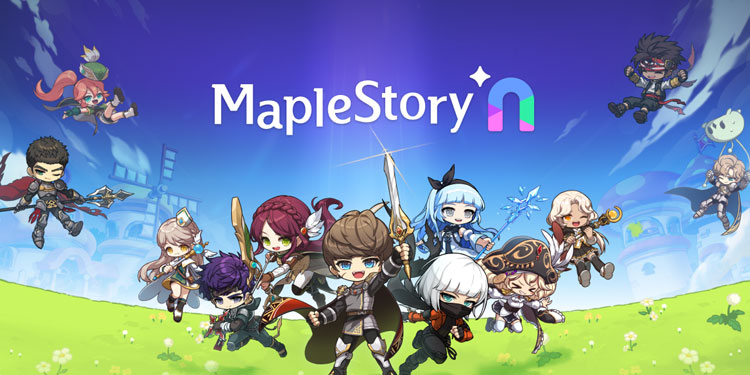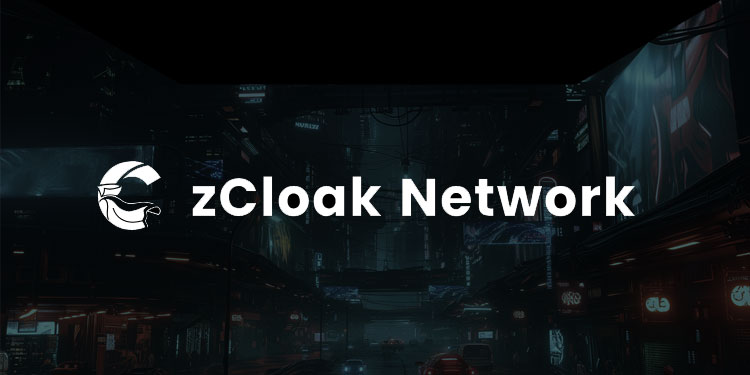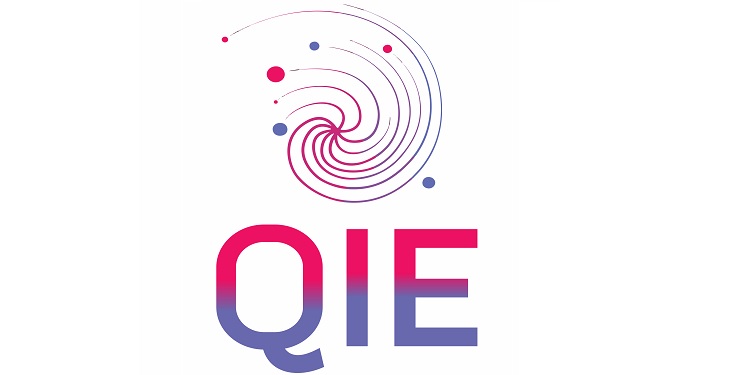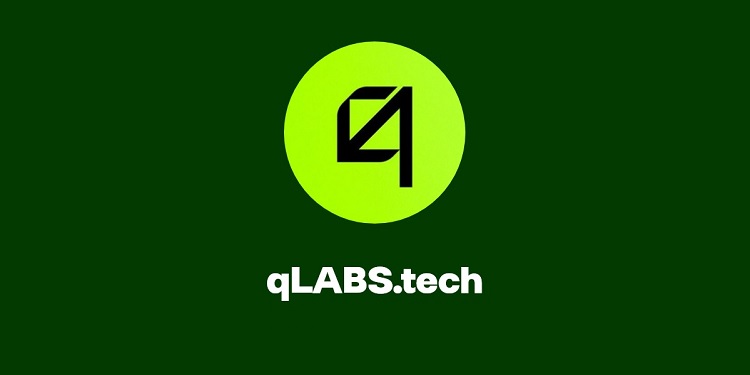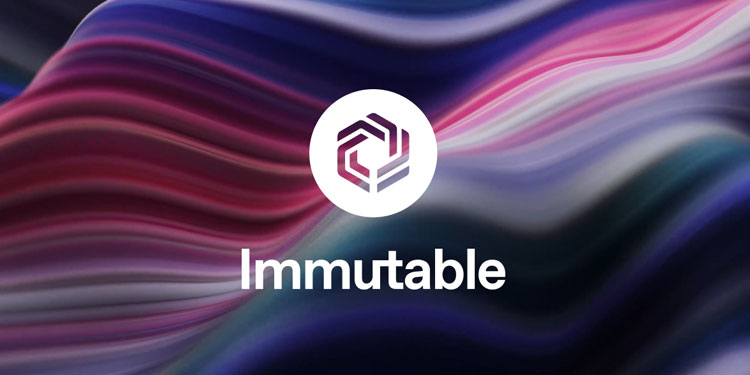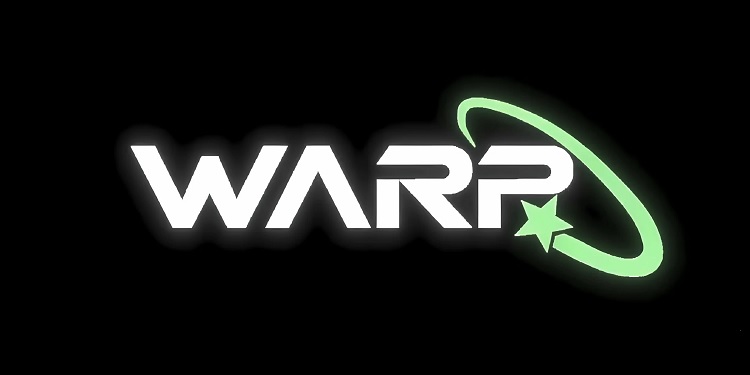Nexon, a leading figure in South Korea’s gaming industry, is preparing to enter the blockchain gaming space with the release of MapleStory N later this month. Developed by its blockchain subsidiary Nexpace, the new title will be based on Nexon’s long-running intellectual property MapleStory and will launch globally on May 15.
Despite recent setbacks in the industry, such as the delisting of the WEMIX cryptocurrency issued by game company WeMade, domestic developers are maintaining confidence in the blockchain gaming model. Industry insiders reported on May 4 that Nexon is advancing its blockchain ambitions through the MapleStory Universe, a dedicated ecosystem for blockchain-integrated titles.
Innovative Token-Based Game Economy
MapleStory N closely mirrors the classic gameplay that fans of the original title have enjoyed for years. However, the latest iteration introduces blockchain-based features that allow users to acquire tokens within the game, which can then be exchanged for cryptocurrency or moved across compatible applications within the same ecosystem. This approach introduces the possibility of real asset ownership and value transfer between platforms.
The game will also utilize a central utility token known as NXPC. Details from a recently released white paper explained that NXPC will operate as the primary currency within the MapleStory Universe. In contrast to traditional in-game economies, where items are often generated in unlimited quantities, MapleStory N will implement a system where items are distributed in controlled amounts and structured as non-fungible tokens (NFTs), aligning the in-game economy more closely with real-world supply constraints.
Industry-Wide Movement Toward Blockchain Integration
Nexon is not alone in its pursuit of blockchain integration. Netmarble’s blockchain subsidiary Mabrex has set a target of launching over ten blockchain-based games by 2026. Its debut title, Chaebol I: Stock War, was released globally last month. Similarly, Com2uS Holdings has been developing a blockchain platform featuring its own cryptocurrency called XPLA. Kakao Games is also continuing blockchain initiatives through its affiliated company Metabora.
Advocates of blockchain gaming emphasize its capacity to give users true ownership of digital assets and offer real-world financial value through token exchange. This differentiates it significantly from conventional online games, where items remain under the control of the publisher and are non-transferable in any meaningful financial sense.
According to projections by global market research firm Research & Marketz, the blockchain gaming industry is set for substantial growth. The firm anticipates the market to expand from $17.5 billion in 2025 to approximately $109.7 billion by 2030, driven by an average annual growth rate of 44.2%.
International developments also highlight this trend. The blockchain-based shooting game Off the Grid, launched in early access last year, garnered attention for being available on both Xbox and PlayStation platforms, signaling a broader industry shift.
Challenges from Regulation and Security Breaches
Despite the momentum, the road forward is not without obstacles. WeMade, once considered a trailblazer in blockchain gaming with its WeMix Play platform, has faced significant challenges. A security breach earlier this year led to the delisting of its WEMIX token from local exchanges, raising concerns about security and reliability in the blockchain gaming ecosystem. Observers within the industry worry that such incidents might slow down broader adoption or affect investor sentiment.
Additionally, South Korea’s strict legal stance on cryptocurrency exchanges within games remains a substantial barrier. Blockchain-based currency trading is currently prohibited under domestic law, which complicates the launch of such services within the country. As a result, Nexon’s MapleStory N will not be available in South Korea and is instead targeting the global market. Similarly, Chaebol I: Stock War was launched domestically as a standard, non-blockchain game.
Calls for Institutional Support
Amid these developments, there is increasing demand within the industry for policy support. Cho Young-ki, the recently appointed chairman of the Game Industry Association, emphasized the significance of blockchain games as an emerging business model during a recent meeting. He acknowledged the current regulatory hurdles but indicated that the association would be developing strategies to support the growth of blockchain gaming during this period of legal uncertainty.
As game developers and policymakers continue to navigate these evolving dynamics, the future of blockchain gaming in Korea—and globally—will likely depend on technological innovation, international demand, and regulatory adaptability.

